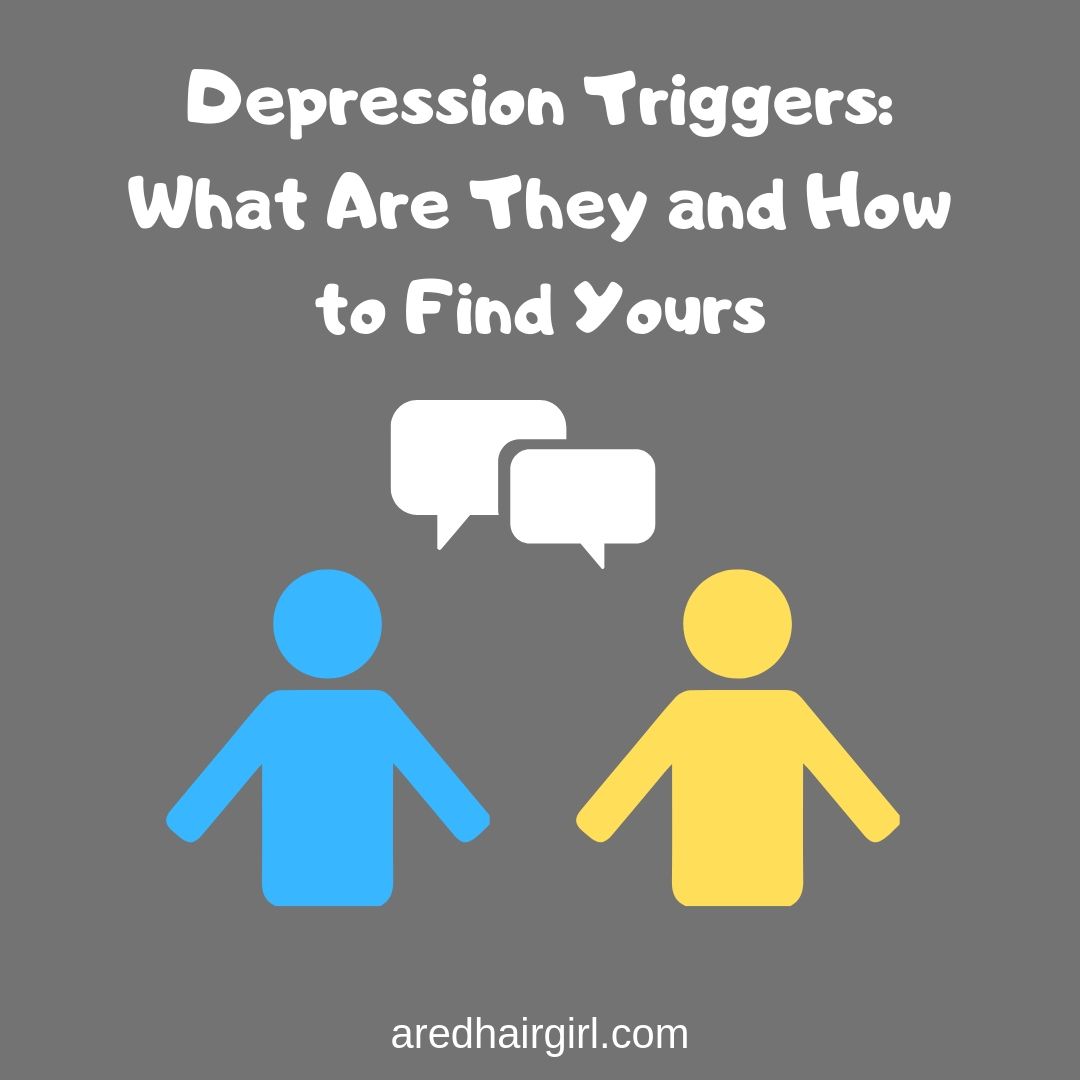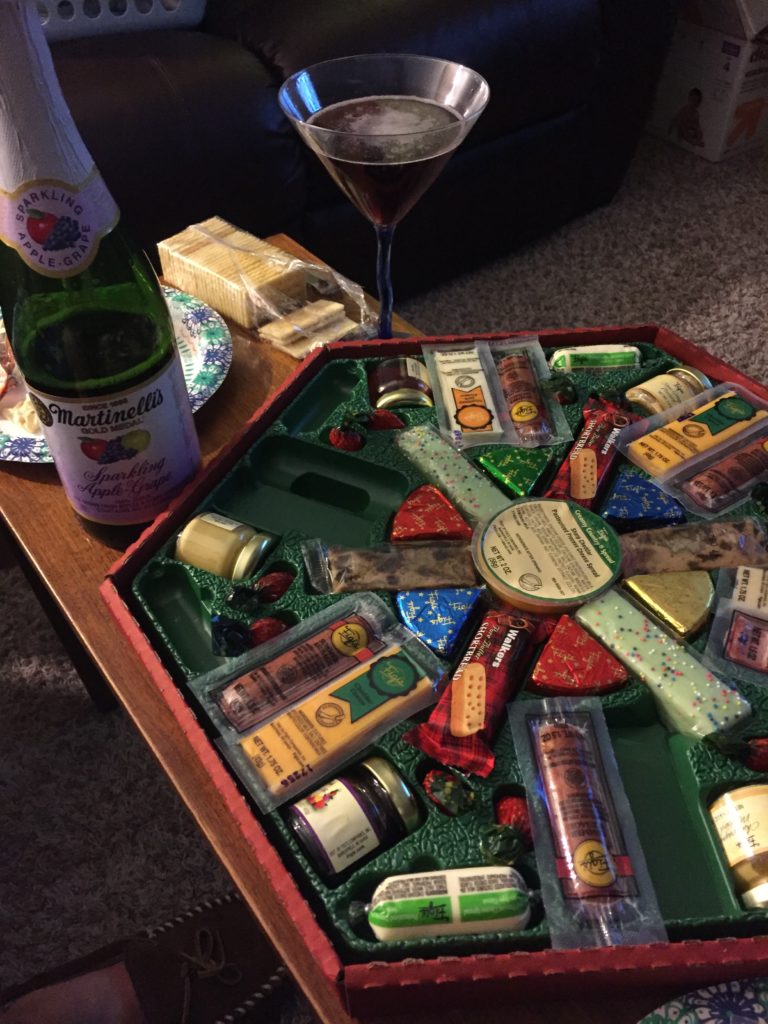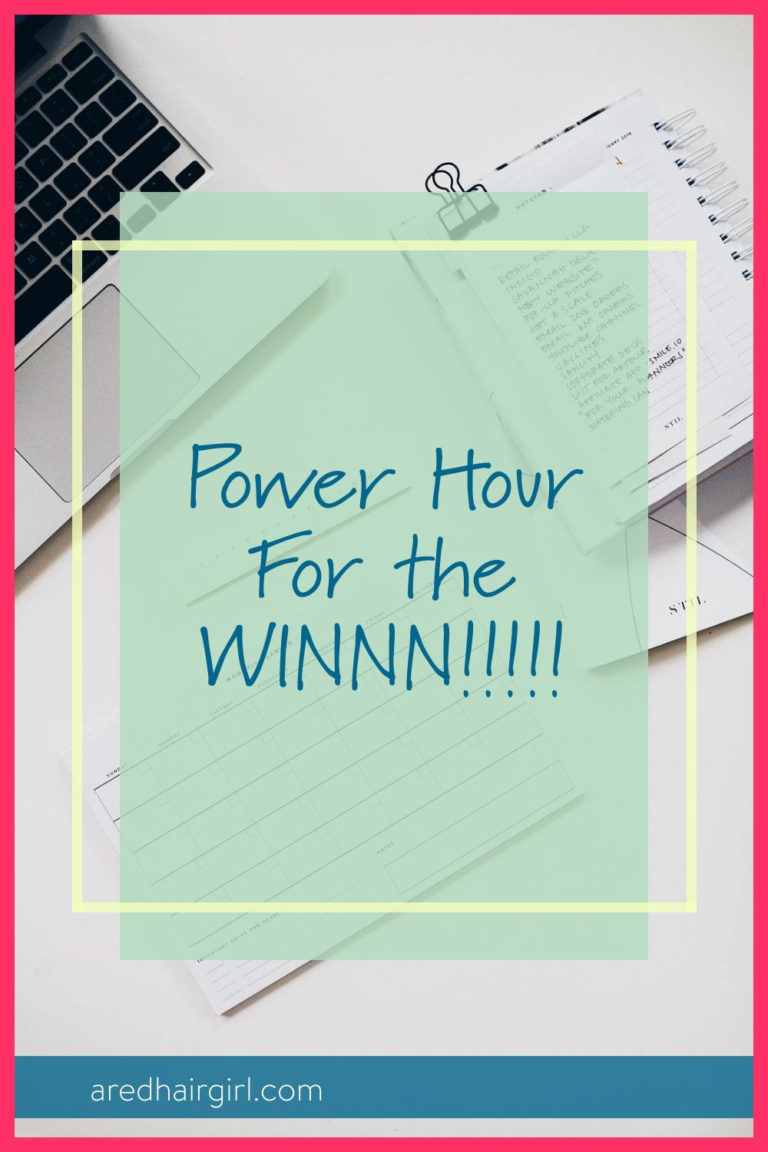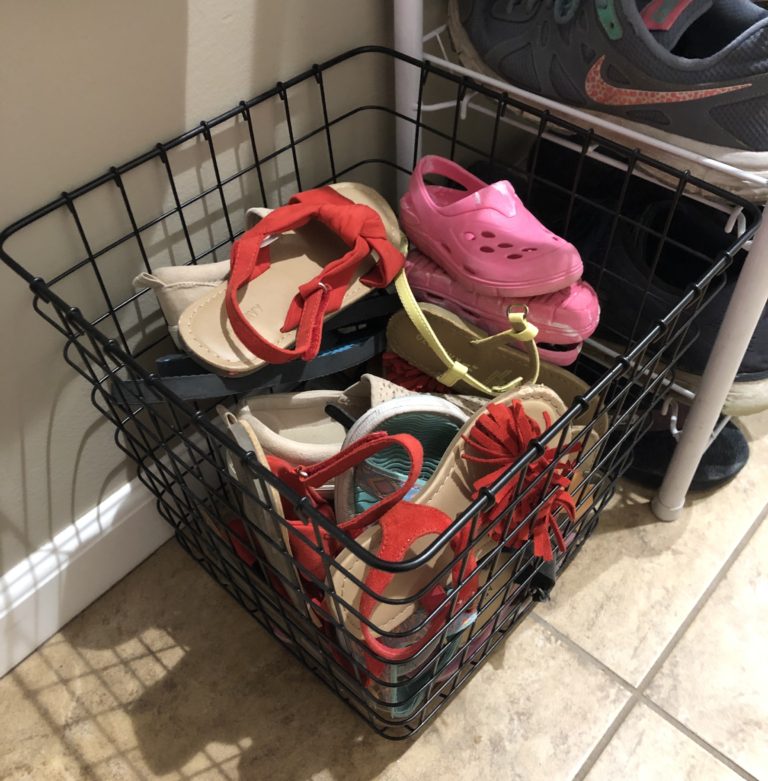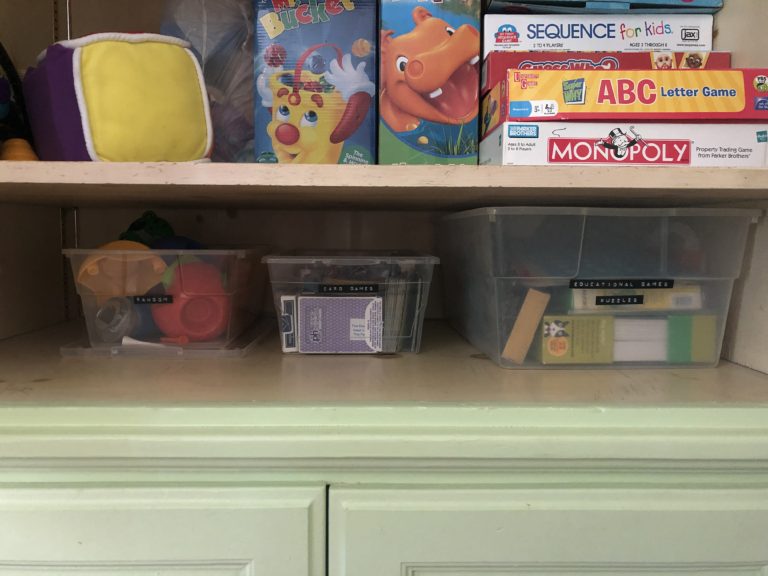Depression Triggers: What are They and How to Find Yours
Have you ever wondered, how did I get depressed? I talk about depression triggers, how to find yours, and what to do about it.
First off I want to express that I am NOT an educated expert or professional. I am a normal women that deals with depression. The ideas in this post about depression triggers are either my own, ideas from my therapist, or things I have researched and read about.
Now that that is out of the way let’s dive into depression triggers. What are they, how to find yours, and what to do with this information.
Depression Triggers
A trigger is defined as an event or a situation to happen or exist. So when we think about this in terms of depression, a trigger is something that happens or exist to make one depressed.
Everyone is going to have different triggers. One may have had depression for years and still not know all of their triggers. Or some new ones may develop down the road.
Some common depression triggers are:
- stress
- job change or loss
- money
- health concerns for yourself or a loved one
- weight problems
- spouse or significant other (fighting, sexual problems, lack of support, problems that they are having getting to you, etc.)
- children
- poor self habits (food, sleep, exercise, etc.)
- substance abuse
- major life changes (lose of a loved one, marriage, birth of child, big move, etc.)
As you can tell there are many different triggers. And this list doesn’t cover them all. These are some of the major ones.
How To Find Your Depression Triggers
What has been the biggest help for me in identifying my own depression triggers was a lot of talk therapy, self reflection, and nightly writing.
Now, talk therapy might not be available to everyone through a licensed therapist. If this is the case with you then I suggest you find someone you feel comfortable with and share with them what you are going through and feeling.
The key is finding someone that will not judge you or those you talk about. You also want someone that will not only give you advice but will listen and let you share what you need to.
Why talk therapy? When you are able to talk about the past in a less emotional state you will be able to see more clearly and understand more what you went through and what happened.
When you are in the middle of a depression state you are foggy, you don’t care, you have a hard time thinking. So after the fact is a great time to talk about what happened.
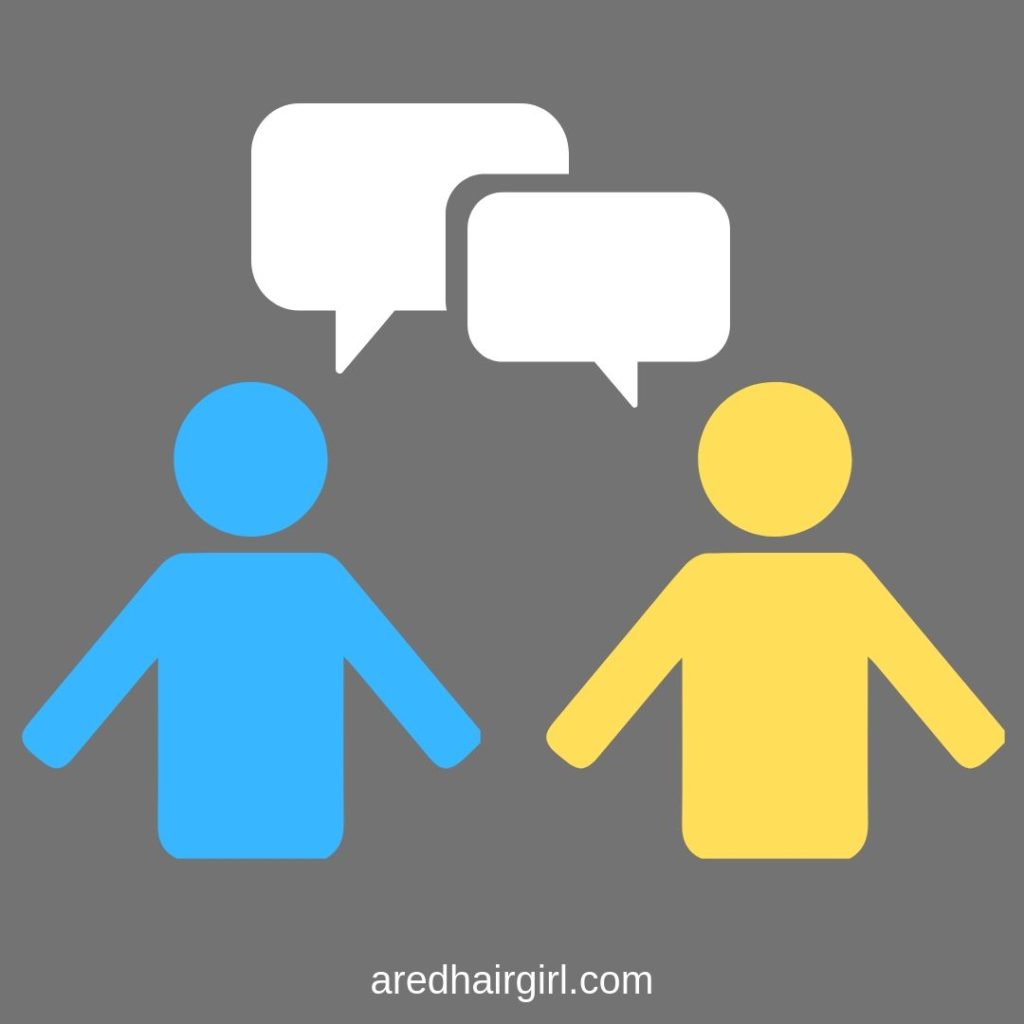
While talking with my therapist and under her guidance I was able to bring up things that I had no idea I was holding onto. And of triggers that I didn’t know I had.
Self reflection is a huge part of finding your triggers because it forces you to think long and hard about your life. You will hopefully be able to think about your state before and during your depression state.
As you start to reflect on your past experiences you will find yourself reflecting on the present experiences. This is also important because this will help aid in finding your triggers.
What is self reflection? Google tells it best, ‘meditation or serious thought about one’s character, actions, and motives.’ I suggest you made notes about the things you realize when you are self reflecting.
And that leads me into nightly writing. My therapist had me take a few minutes each night to write about the day. I’m talking one or two sentences.
I could write about anything: how I felt, something that happened, what made me mad or happy, something my kids did. The point was that I wrote. What started out as a sentence or two turned into more and more.
At my next session I brought in my little notebook and either read them to her or she read them. It was so helpful to be able to see, in writing, what effected my day.
By doing this I was able to find more triggers for my depression. I was sold on my nightly writing. Haha! Have I done it every night? No way. In fact right now I am out of the habit. I need to start again.
So, let’s do this together! Let’s start tonight by writing one sentence about our day. I first started off writing them on post it notes, haha. You can start there, in a notebook, or print off my be happy daily tracker that have you write a bit more then one or two sentences.

Now What?
Now that you are starting to identify (or already know some of) your depression triggers you might be thinking, what’s next. This can be a very personal thing for you.
For me, I try to avoid my triggers as best as I can. In all honesty that’s not easy to do. Life happens. It happens to the best and worst of us. Life will happen in the best of times and worst of times.
Since I can not avoid my triggers 100% of the time I follow some guidelines to help me when they come. I wrote a post giving 10 tips to help with your depression triggers.
These 10 tips will help you avoid them and work through them when they come around.
Something else that has really helped me is to simplify my life. I have been going room by room decluttering, cleaning, and organizing. The amount of junk we have gotten out of our house is amazing and it feels so great.
I have a simplifying packet, for free, to help you get started.
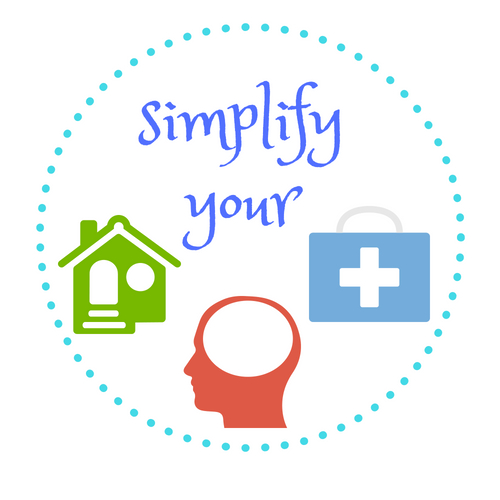
I think the best advice I could give is to live your life. Don’t live in fear of your next depression episode. That’s not living! Once I accepted the fact that I have depression, along other things, my life got better.
I had a goal of being more open about it and sharing my story with others. It was SCARY! But I honestly feel that that has helped heal me. That, and also seeing my therapist, working out more, self-care, and trying my hardest most days. 🙂
I’m not saying that you have to share with everyone, but think about opening up to those closest to you. You might just be surprised who else is effected by depression or other mental health issues.
Good luck finding and identifying your depression triggers. I’m also here for you in your journey with mental health.
Xoxo, Steph
If you or someone you know is struggle with mental health issues or suicide you can reach out to National Suicide Prevention Lifeline, or the National Institute of Mental Health.

